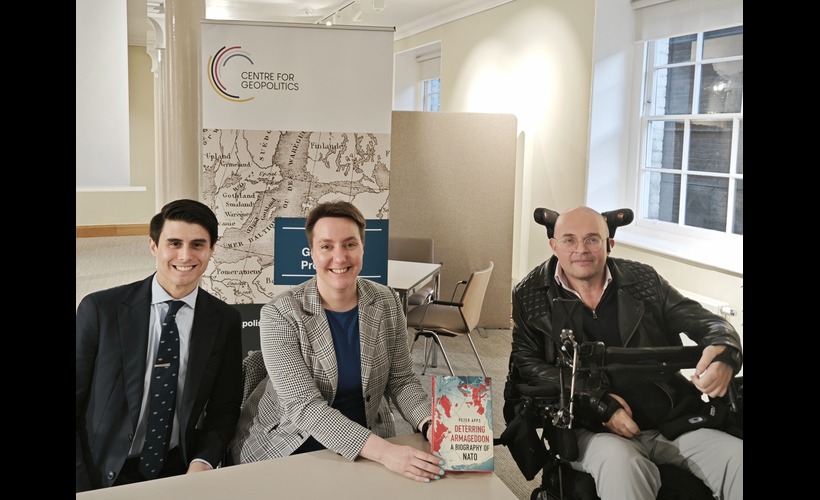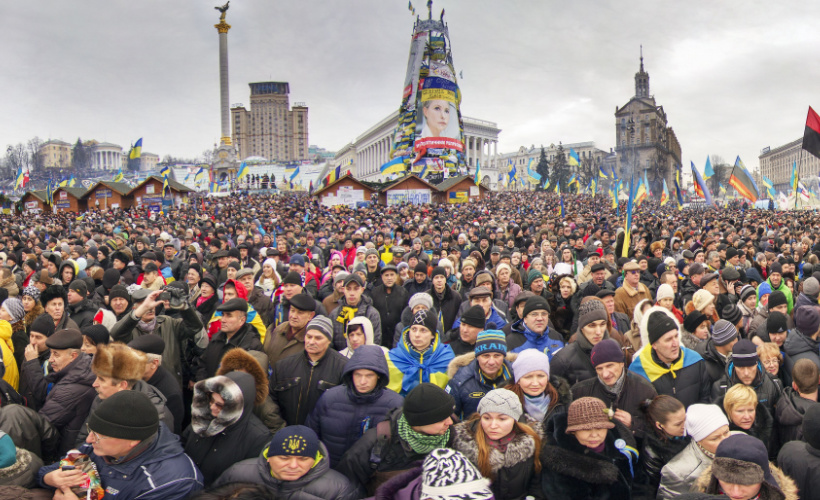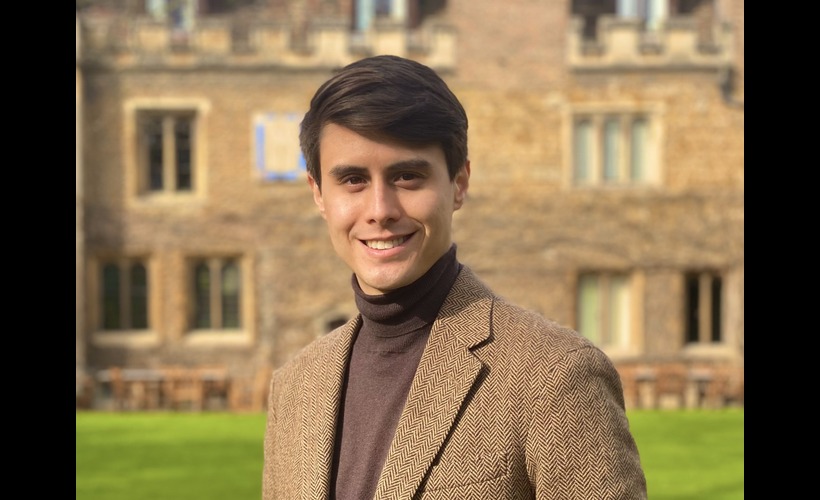By David Cowan, former Research Assistant
On 6 June, the Centre for Geopolitics held a discussion on the impact that recent events have had on the very concept of neutrality. The event was organised in partnership with the Embassy of Switzerland and the Cambridge Swiss Society.
Markus Leitner, Ambassador of Switzerland to the United Kingdom, opened the discussion with remarks on neutrality as part of Swiss DNA. The more neutrality is discussed, the more we can understand it as a tool of foreign policy. Switzerland has supported sanctions against Russia, but that does not mean neutrality has been put aside. Neutrality remains a fundamental part of international law and Swiss decision-making. The 1907 Hague Convention clearly outlines the rights and obligations of neutral countries. For Switzerland, neutrality is a policy of its own choosing since the country became permanent, armed, and internationally recognised after the 1815 Congress of Vienna. This has allowed Switzerland to be a reliable, beneficial member of the international community and reinforce domestic cohesion.
In response, former Home Secretary Rt Hon Charles Clarke examined neutrality within the post-Cold War context. Neutrality does not remain fixed over time. Other European countries have seen their positions change in recent years in response to Russian behaviour. Sweden and Finland are applying for NATO membership, and Ukraine, Moldova, and Georgia have been seeking EU membership. Denmark held a referendum on ending the opt-out from EU defence decision-making. After 1991, NATO and EU membership provided a means for former eastern bloc countries to find independence, but it also raised questions about neutrality in areas such as the Baltic and the western Balkans. This leaves the future of neutrality in the European security order in an uncertain place.
Bridget Kendall, Deputy Vice-Chancellor at the University of Cambridge and Master of Peterhouse, shared her perspective as a former BBC Moscow, Washington and Diplomatic Correspondent. Over the last 30 years, neutral countries joining the EU had been seen as distinct from new members of NATO. Eastern bloc countries viewed Russia as a threat to their sovereignty and sought protection from the EU and NATO. Russian hostility towards the EU has grown since the Second Chechnyan War due to criticism from Brussels. Economic sanctions are now a part of modern warfare’s toolbox, giving the EU a more prominent role. Changes in hybrid warfare and disinformation have also made it harder to define military purpose. It is also important to remember that the 2013 crisis in Ukraine was triggered by the offer of an EU association agreement, not by the issue of NATO membership.
Christopher Hill, Emeritus Professor of International Relations at the University of Cambridge, concluded the discussion with an overview of what has happened to ‘European security architecture’. Within the balance of power, there are usually air pockets. During the Cold War, these air pockets included the Swiss and the German ‘Ostpolitik’ view of security that arose with the Helsinki accords. This helped to grow bridges across the east and west to stabilise Europe. It became the hope of the 1990s that a ‘mosaic of internationalism’ could integrate Russia. As military threats faded away, there was a shift in attention to climate change and human rights. However, the rise of Putin has collapsed this vision. We are now going back to the balance of power system but with the iron curtain moved further east. Air pockets remain in the system with Switzerland along with Ireland and Austria.






